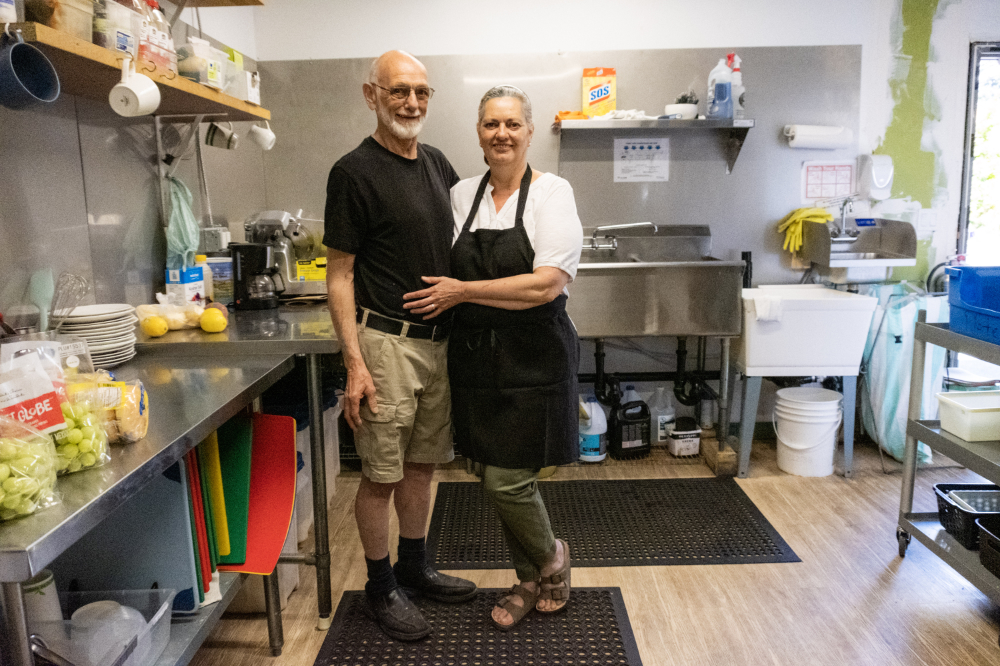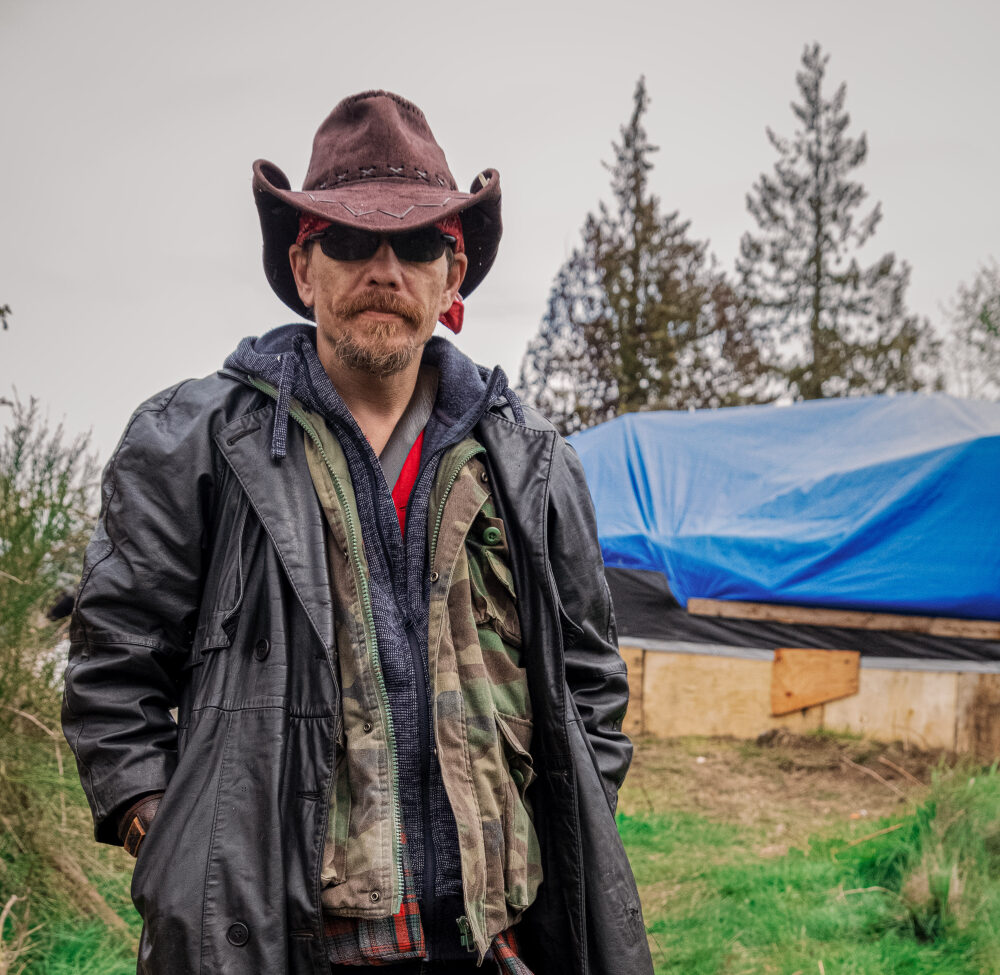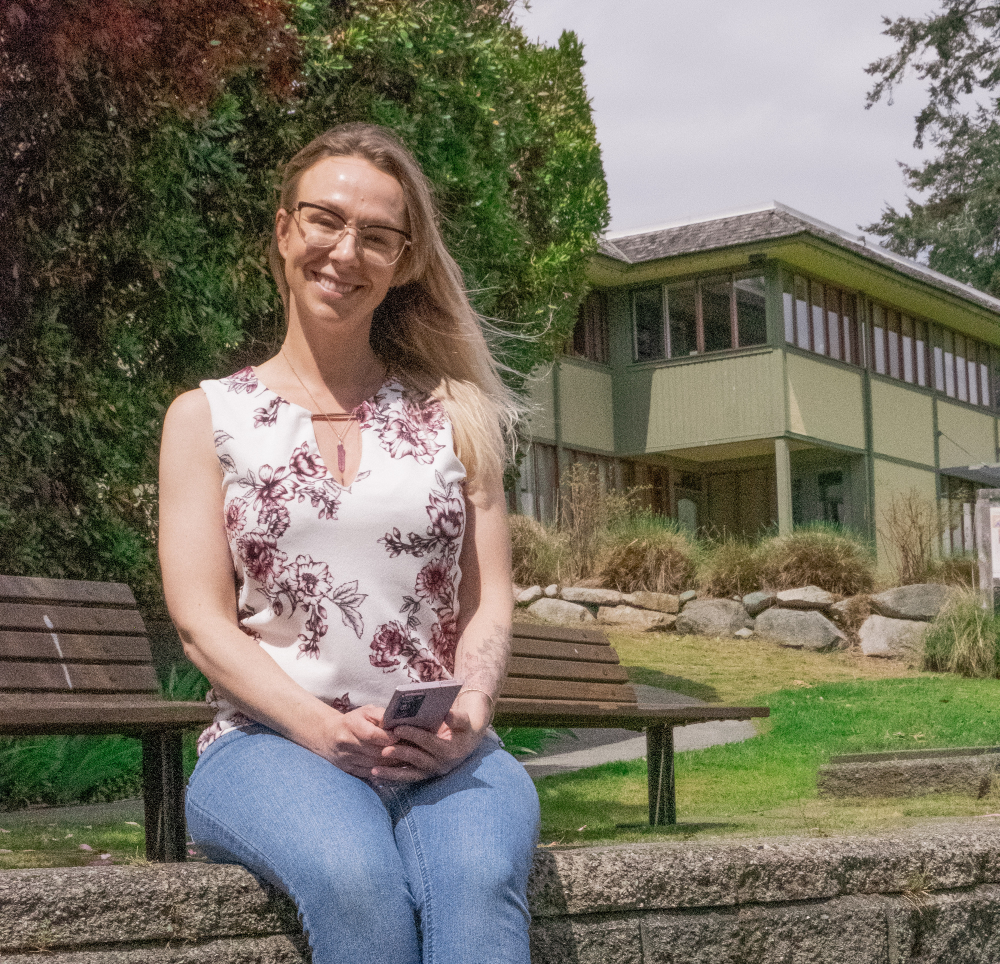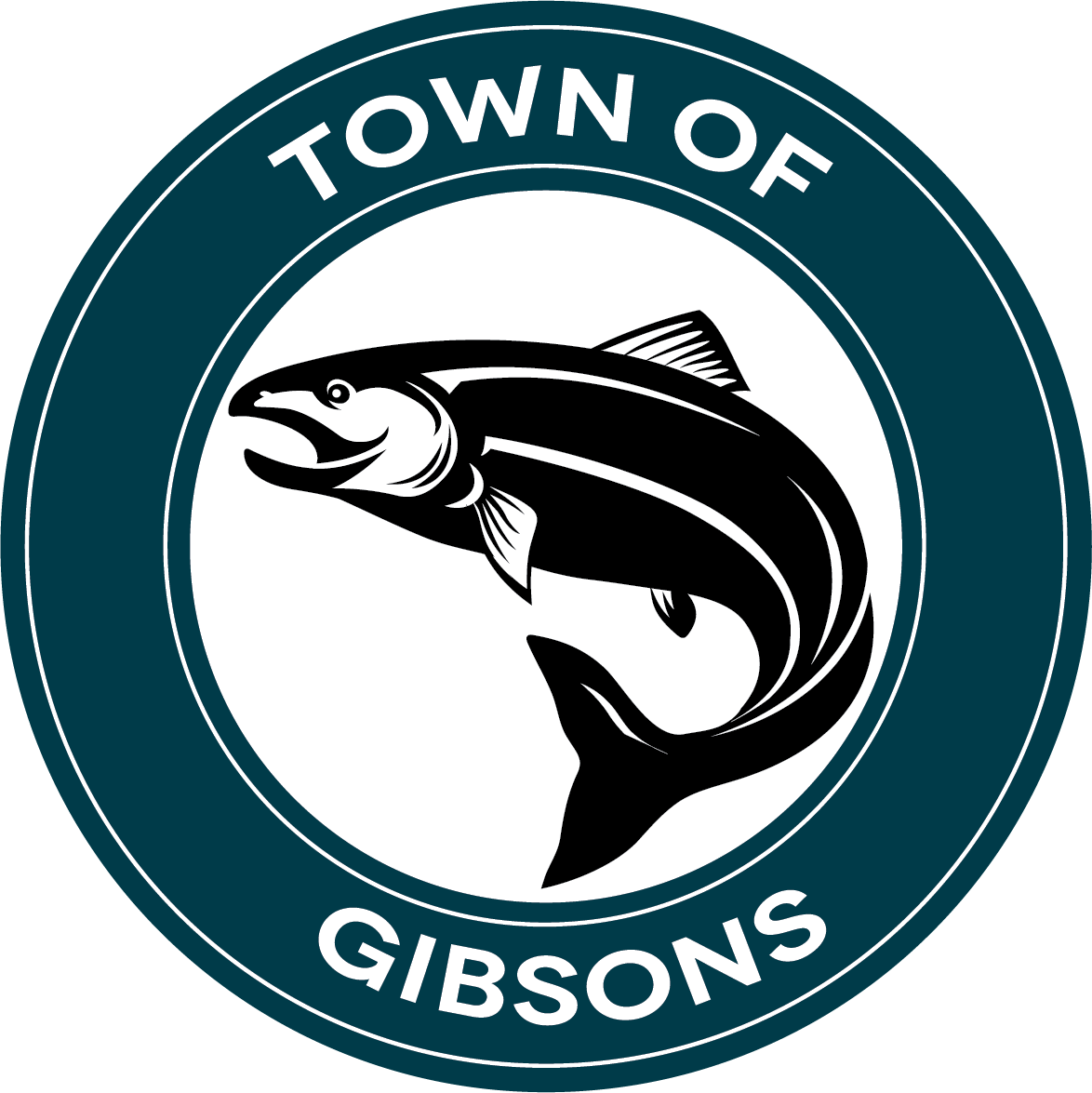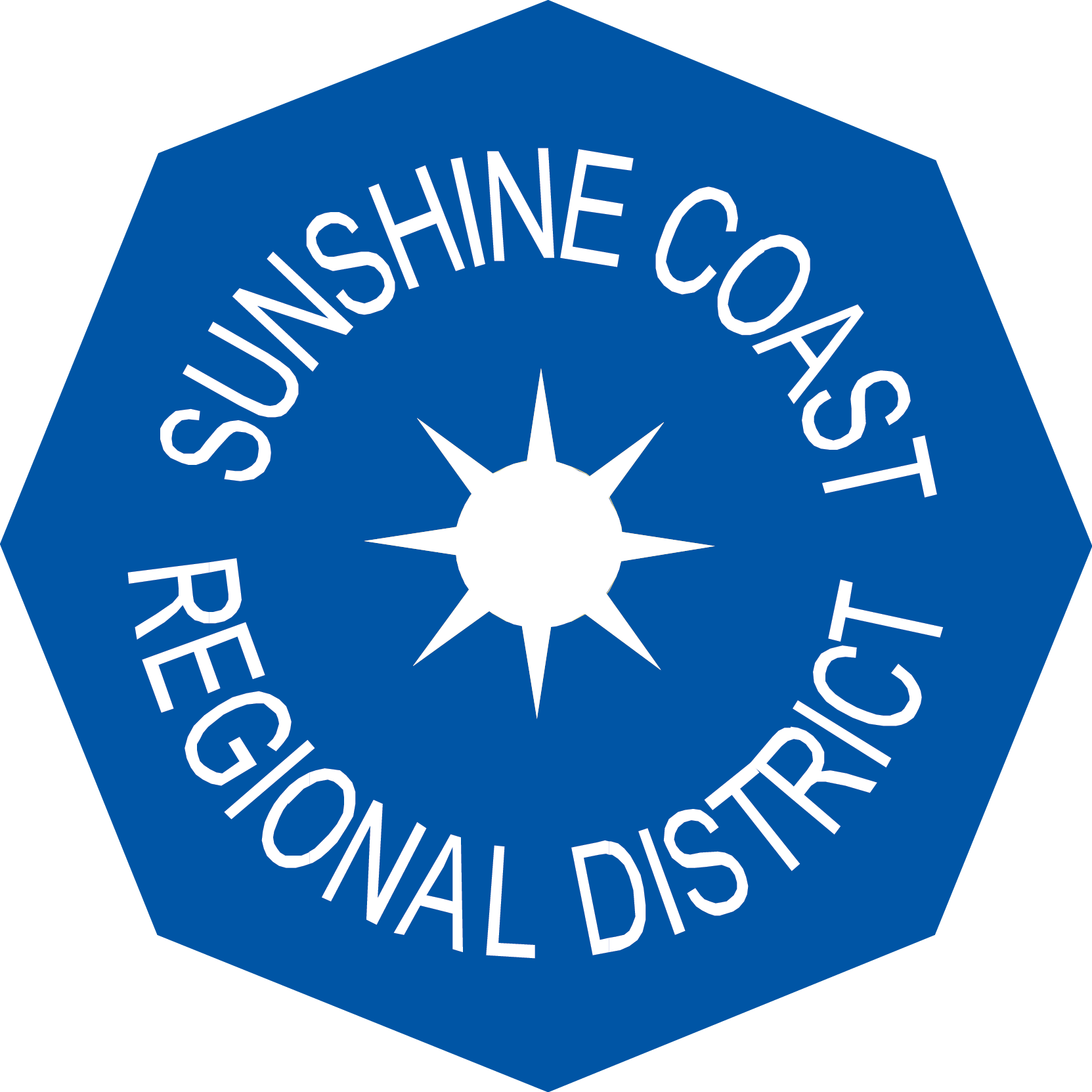When Roksy Gratton moved to the Sunshine Coast eight years ago, she took a job at a local grocery store deli. She quickly noticed something that troubled her.
“What I saw was how lousy the food was that everyone ate at lunch.” It inspired her to open a healthy soup shop “like a gas station for people. You come in; you fill up with good fuel, and you go about your day.”
And she didn’t want to just feed those who could afford a good lunch. “I wanted to run something like a soup kitchen, but I wanted it to be sponsored and funded by the community, not the government. I wanted to show the community they could do it on their own.”
Six years later, Roksy and her husband Mike serve lunch to anyone who asks – regardless of whether they can pay or not.
“There is a lot of need in this community, and homelessness is complex. It’s not just people we think of as being on the street. It’s a mum living in her car with her kids. It’s a senior who can’t afford their apartment anymore.”
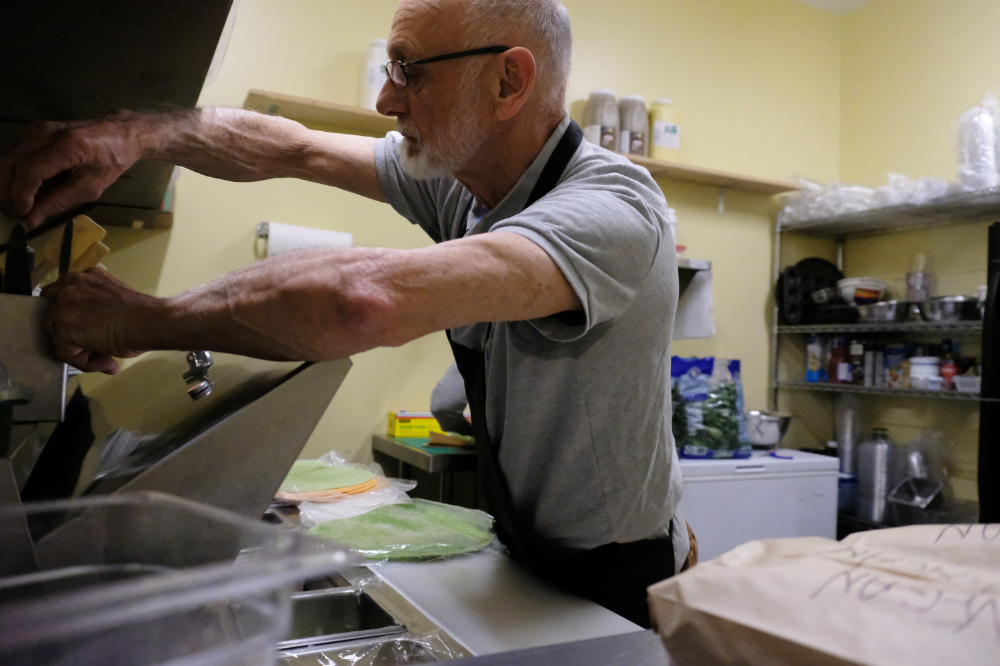
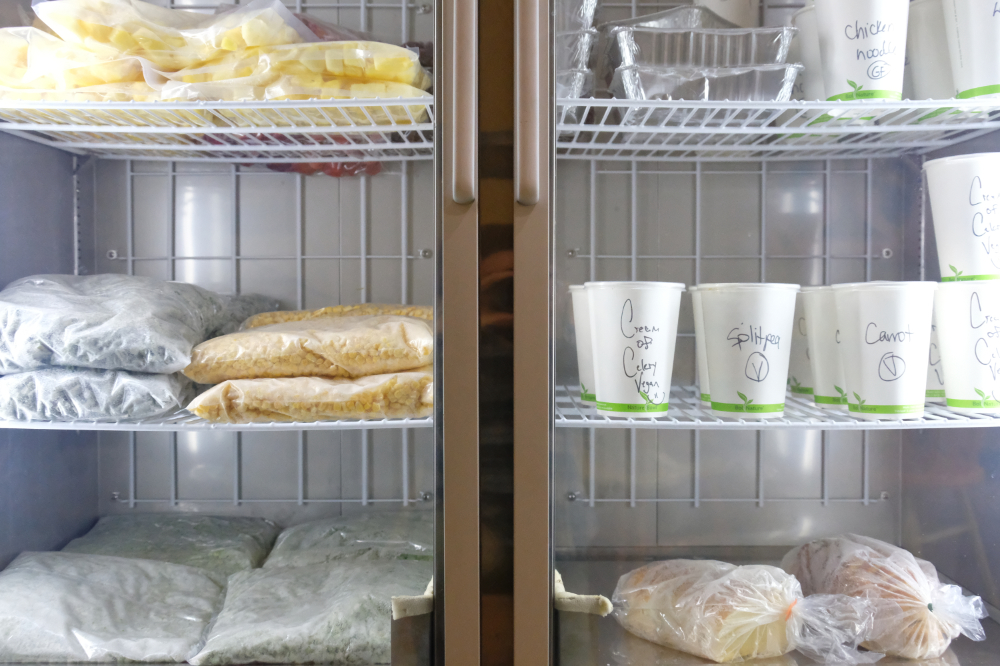
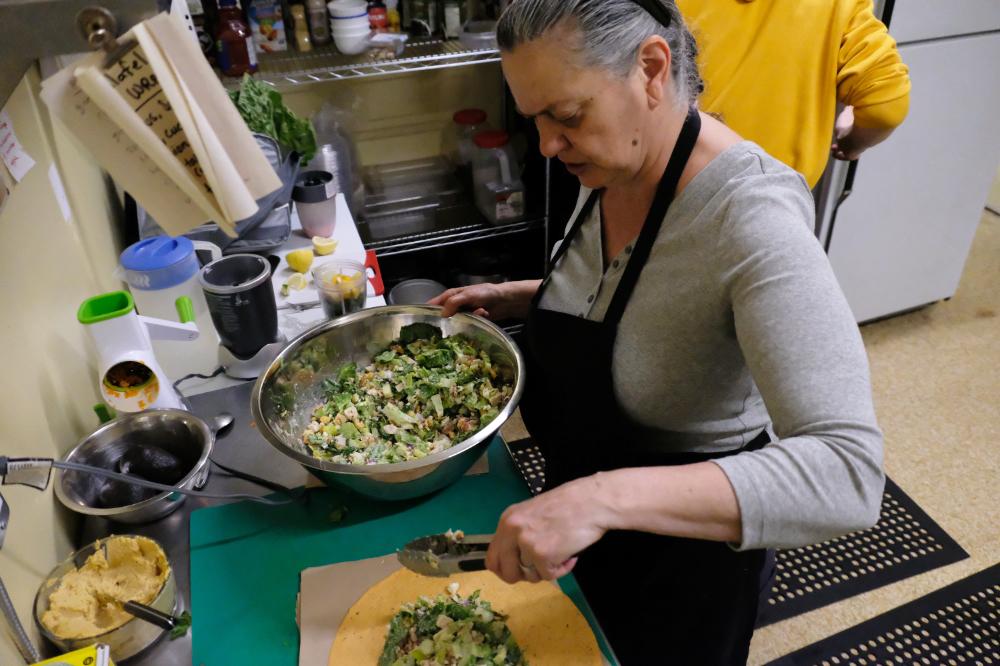
“Anyone can walk in our door and say they are hungry, and we’ll feed them – no questions asked, no judgement.”
“And you know what? No one takes advantage. Sometimes I have to go out to the street and say to someone, ‘I know you haven’t eaten properly today; come in for a sandwich.’ On welfare days, the people we’ve fed come in and want to pay for the meals they’ve had. We say, ‘Put in the 5-Mile jar and pay it forward.’”
The 5-Mile Success fund is one of many ways Roksy and Mike feed the community. People leave donations in the big jar at the front counter, and every four months, the Gratton’s choose a local cause to donate the money to. “We’ve donated the funds to the SPCA when they have injured animals that need special care or a family that is struggling because of an illness.” Their goal is to take care of everyone within a five-mile radius of their shop. “People get overwhelmed because the problems seem too big, so I want them to think of that five-mile goal.”
“There is a lot of need in this community, and homelessness is complex. It’s not just people we think of as being on the street. It’s a mum living in her car with her kids. It’s a senior who can’t afford their apartment anymore. People say, ‘I don’t know how to help,’ or they don’t think they have anything to give. But people’s basic needs are simple. Make an extra meal, freeze it and take it to the food bank. Buy 50 pairs of socks and hand them out to people. We do 100 frozen meals a month to the food bank, and you know what? It doesn’t really cost us anything because we are already here making food for our customers. And our customers give us that extra support when they can.”

